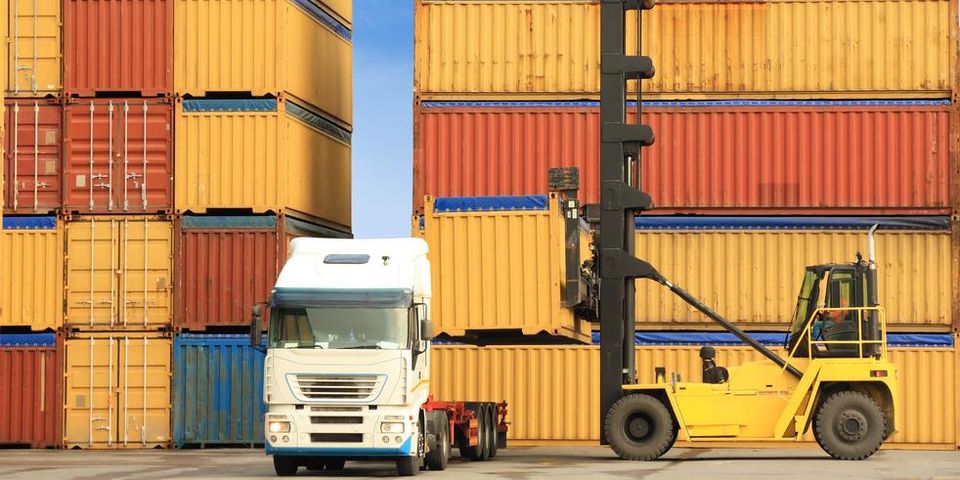Guide to Choosing Between Shipper- & Carrier-Owned Containers

If a shipper sends goods in a container they own, it is considered a shipper-owned container. Conversely, if they send out products in a vessel owned by a carrier, it is considered a carrier-owned container. While this definition may seem obvious, the professionals at Unicold Corporation in Honolulu, HI, say there are a few more key distinctions between the two varieties you should know about. Below, the shipping company goes over how these options differ, so you can make the right selection for your needs.
Shipper-Owned
When the shipping company owns their containers, they have greater control over the packing, temperature control, and distribution of the contents. Furthermore, the company does not have to worry about incurring additional fees from the carrier for longer storage times. In turn, this offers the customer reduced rates and increased security.
Carrier-Owned
 Carrier-owned containers tend to complicate communications for the customer. Rather than the shipper maintaining complete control over the goods, the customer and shipper must rely on the carrier for notifications and updates. For example, if, for some reason, the order does not get sent out according to schedule, the shipping company must wait to receive information from the carrier. By contrast, shippers take complete responsibility for the documentation. They also handle any potential claims involving shipper-owned containers.
Carrier-owned containers tend to complicate communications for the customer. Rather than the shipper maintaining complete control over the goods, the customer and shipper must rely on the carrier for notifications and updates. For example, if, for some reason, the order does not get sent out according to schedule, the shipping company must wait to receive information from the carrier. By contrast, shippers take complete responsibility for the documentation. They also handle any potential claims involving shipper-owned containers.
If your business has multiple orders to send out, selecting a shipping company that uses their own containers will help streamline your project. The team at Unicold Corporation will monitor your goods’ temperature, assure speedy transportation, and consolidate all your orders to the same vessel, as per your precise specifications. To learn more about their warehouse and freight services, visit their website. To speak with a knowledgeable staff member about your shipping needs, give them a call at (808) 836-2931 today.
About the Business
Have a question? Ask the experts!
Send your question

